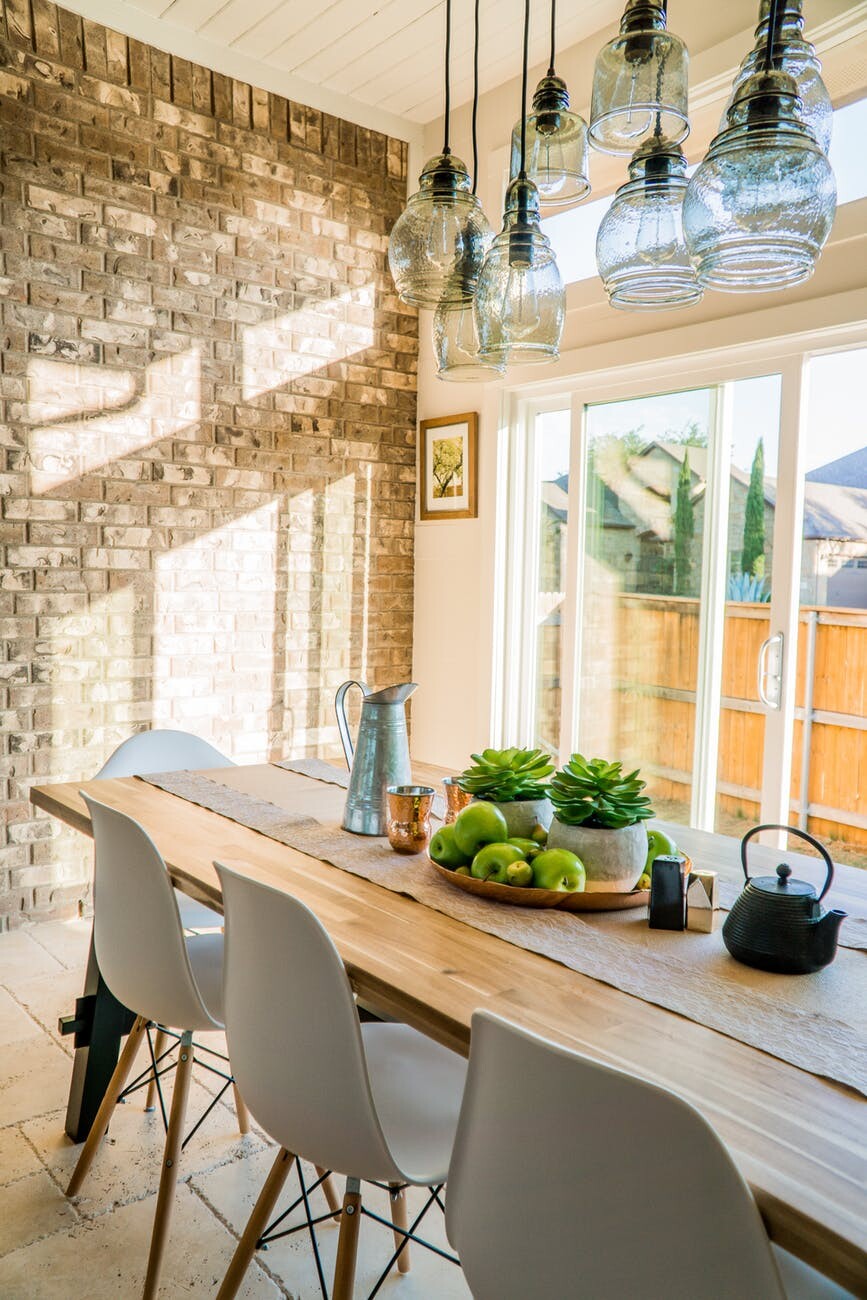“Sustainability” is a hot word. Seemingly every product or service claims the word for marketing purposes these days. “We only serve sustainable kale from locally-sourced kale farming cooperatives” or “sustainability is our focus here at ACME Dangerous Chemicals Corporation.” Everyone is getting in on the act, and why not? Buying sustainable products makes us feel a little bit better about ourselves — even if we don’t really know what the term means or how it applies to the products we buy. There is a lot to love about the concept of sustainability though. On a macro-level, sustainability means shifting our consumption towards resources that have a less finite supply (say, solar power as opposed to fossil fuels) to ensure the stability and longevity of the human race. But let’s talk about what sustainability looks like on a micro-level — a bit closer to home if you will.
These five tips will help you live more sustainably, and more cost-effectively. You’ll save the earth and you’ll save money. Total win-win.
NOTE: This list does not include tips for the sustainability of your marriage or relationship. For this blog, we will focus only on inanimate objects. But jeez Gary, do the dishes every once in a while, would ya?
Avoid Plastic
Plastic is bad for the earth. While plastic is a pretty amazing invention, we’ve made way too much of it — and now we can’t figure out how to get rid of it. Plastic doesn’t decay, ever. Melting it releases poisonous gas into the air. We’re doing a better job of recycling plastic these days, but it’s still an issue. Think of the dolphins, and their cute little noses stuck in the plastic six-pack holders from your beer. When the dolphin revolution happens, and you stand before a dolphin leader for judgment, what will you say? Plastic is also a waste of your money. You don’t need 48 bottles of water. You have a faucet. Get a purifier and call it a day.
Think Before You Shop
Admit it, every time you go to the store, you end up with a lot more stuff than you need. The impulse buys at the counter, the mega-pack of dish soap that saves you two cents per bottle, that package of Twinkies you definitely don’t need. It’s time we all shopped smarter. Before you go shopping, think about what you need, and then buy only what you need. It will help cut down on consumption habits that are unhealthy for the environment, and unhealthy for you. And it will save you money in the short and long run.
Conserve Water
Most water is not free. You know this because your utility company has a pesky habit of sending you a bill each month for the water you used. And depending on where you live, water can also be scarce. There are a few simple “life hacks” you can use — take short showers, water your lawn or garden every other day, stop flooding the street so your kids can have popsicle stick races — to help you and your family cut down your water consumption. We need water to survive, but we don’t need to use that much water.
Go Solar
If you haven’t noticed, there is a lot of solar energy available to us on earth. Fun fact: the sun comes up every day, 365 days a year. In recent years, science type people have figured out how to capture and store the sun’s energy to use for power, which means you can finally get rid of your coal-fired steam engine automobile! Fitting your home with solar panels to generate your own electricity (free of charge) will release you from the shackles of servitude to your utility company. Similarly, buying a hybrid or electric car will free you from fluctuating gas prices that rarely seem to fluctuate downward. Seriously, is when the last time you thought to yourself, “that’s a fair price for a gallon of petrol?” 1991? And does anyone ever say “petrol?”
Make Your Home Energy Efficient
Your home is one big power-sucking monster that drains your bank account every month. Enough is enough. Put your foot down and make your home more energy efficient. Doing so does not require a big investment in time or money. There are little things you can do that will go a long way. You can change your light bulbs to efficient LED bulbs that last for a decade or more (talk about sustainability). You can lower your energy bill by adding sun-blocking window films that keep your home cool in the summer and warm in the winter, so you won’t have to crank the AC or heater non-stop. You can buy appliances that use less power. You can invest in “smart home” controls that help you manage how much power you use, and when.
Modern technology has found new ways to do things more efficiently. With a few changes in your life and in your home, you too can live sustainably (and brag to your friends about it)!
5 Ways to Make Your Home Sustainable

